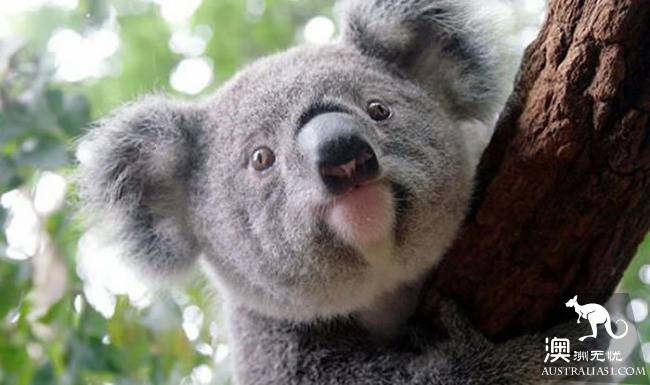
A team of researchers from seven countries, led by Australian scientists, recently announced that it had completed sequencing of all koala genomes, according to Australian media. The study reveals why koalas make a living from toxic eucalyptus leaves and is important for koala protection.
Rebecca Johnson, director of the program and a professor at the Australian Museum Research Association, said the sharp decline in koalas in recent years has prompted them to launch the program. Researchers are reported to have discovered more than 26000 koala genes, including some novel genes associated with their diet and immune system.
Eating eucalyptus leaves kills most mammals, but koala uses eucalyptus leaves as the only food, the report said. The researchers found that this is because koala has a lot of "detoxification genes." These genes produce enzymes that break down terpenoids and phenols in eucalyptus leaves.
At the same time, these genes also have fatal disadvantages. Enzymes that decompose toxins also break down anti-inflammatory painkillers, making common painkillers almost ineffective for koalas. Sun Coast University professor Peter Timms says these enzymes also affect antibiotic metabolism. Although antibiotics are rapidly broken down in koalas, injecting too many antibiotics can disrupt koala's intestinal bacteria. The findings help develop chlamydia vaccines to treat koala blindness, infertility and urethra infections.
The team also found 850 immune genes in koala milk, the report said. These genes have demonstrated the potential to treat multiple drug-resistant infections. Kathy Beloff, professor of science at the University of Sydney, said the study could be applied to other animals and humans.
The project took five years to complete, with two female koalas killed by chlamydia infection and a male koala killed by a car.